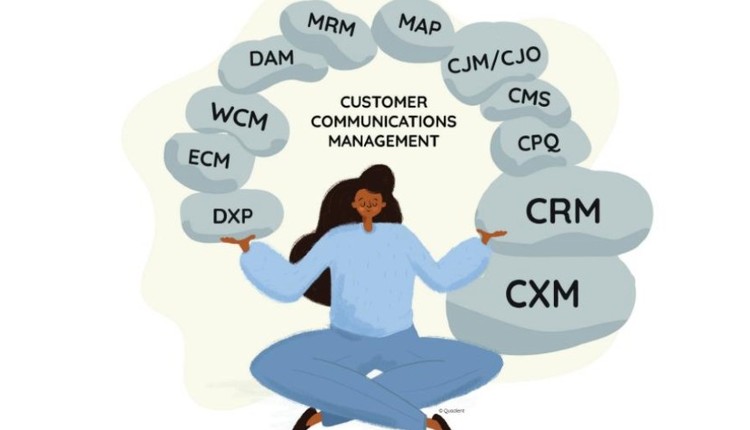
As football season is underway in the USA, many of us are also well into our 2023 budget and planning periods. Your executives are priming their teams to win in 2023 and beyond. Given the current economy, many organizations are modeling a potential recession into their plans. If you are one of them, your critical CCM vendors may be going beyond adjusting prices due to inflation by running an aggressive “recession playbook” on customers that involves software audits or surprising surcharges—key elements of a predictable play that many vendors historically make in a recession.
According to published articles, major analyst firms and consultants, software audits will be increasing in frequency, just like they did from 2008 to 2010. Some software vendors create or scale up their audit teams when recessions are anticipated. It’s easy to verify that your vendor might be doing this by monitoring LinkedIn job postings.
If you see signs that your vendor is running an audit play, take this chance to get ready. It’s important to understand what might be at stake as it is not uncommon to see six- or even seven-figure expenditures at the end of a software audit. It also could cost you hundreds of hours of unplanned labor, depending on the process. With so much time and money involved, you owe it to your team and to your reputation to minimize or avoid these situations.
First, it is important to detect the early warning signs. You might see pre-audit communications 30 to 60 days in advance of your normal renewal process. Look for extra-inquisitive communications, communications from new staffers at your vendor’s organization or requests for log files. If you are the primary owner of the technology, you may receive questions that are unusual, but the first questions may be sent to your teammates in legal or procurement.
If you see pre-audit or confirmed audit communications, you need to establish your communication process. Well-intentioned employees may inadvertently share information that appears to inflate your usage of the software. For example, an enthusiastic employee who likes using the technology may say, “we use it for everything,” which could be presented back to you as evidence that you are exceeding contractual usage limits. There have been cases where out-of-context screen shots have become the basis of large audit settlement proposals.
Next, you want to involve legal in your process development, as well as take your own inventory. Make sure you understand your contracts and can objectively verify all information possible. This will help in the event of an audit. Make sure you are counting what you can count, but also document what you cannot verify.
If an audit process starts up, you are allowed to negotiate the process, participation, time and requirements. Therefore, it is important to have some brief pre-planning with your peers in the legal department set up in advance. You will be able to remedy any known violations before the audit starts. Your team will be prepared to comply, without agreeing to lookbacks because of your up-to-date inventory and usage reports.
Some software and services bill on numbers that are not objectively verifiable by both parties. For example, if there are size surcharges on communications, it is important that the vendor provides proof as to which messages were large and if they were large because of their technology choices, failure to optimize file sizes or your choices. It is important to demand warnings and constant status of entitlements against a contract to help control costs. In cases like this, the vendor must prove that it was your usage — and not their inefficiency — that drove the unverifiable metric.
In the event of an audit, the vendor will likely request that you run some software to help ascertain usage. That software needs to be vetted by the same evaluation protocols used in the rest of the business. This is your chance to put the vendor through an evaluation process to protect your data, your customers’ data and stay away from data privacy violations. You should have access to evaluate any software your vendor would like to deploy with the same level of per-purchase scrutiny you applied to their software.
Most importantly, as you move forward, choose vendors that do not have a reputation for overly aggressive audits. If you want to avoid potential audits, consider vendors with clear contracts, simple solution portfolios, objectively verifiable billing metrics, scalable growth metrics and reputations for transparent business relationships. By anticipating a software audit from the recession playbook, you will be able to save time and money in a way that guards your reputation and gets you back to running business as usual as soon as possible.










